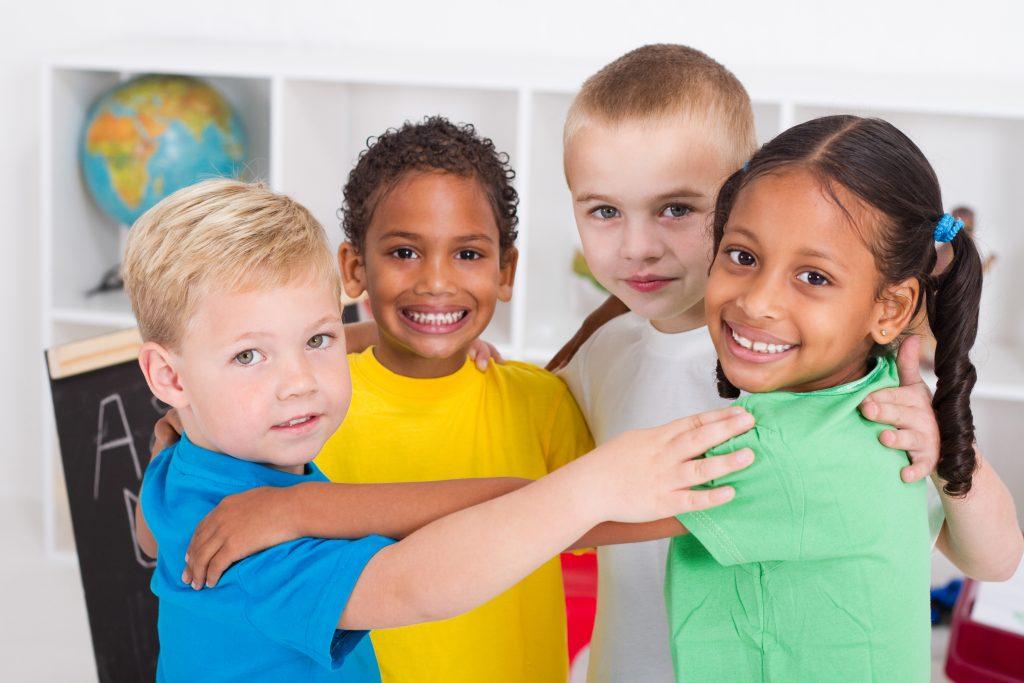Social Skills: How to Help Children with Special Needs Develop Social Skills.
Updated on: 10th March, 2025

Social skills are crucial for navigating life, forming relationships, and participating meaningfully in society. For children with special needs, developing these skills often requires targeted strategies and support. Here, we explore practical ways to help children with special needs enhance their social skills, empowering them to connect and thrive in various environments.
Understanding Social Skills in Children with Special Needs
Social skills encompass a range of abilities, including communication, cooperation, emotional regulation, and understanding social cues. For children with special needs—such as autism spectrum disorder (ASD), intellectual disabilities (ID), or speech and language delays—these skills may not develop naturally. Identifying the specific challenges a child faces is the first step in creating effective interventions.
Strategies to Develop Social Skills
Create a Structured Environment
- Consistency and predictability help children feel secure and ready to learn.
- Use visual schedules, clear instructions, and established routines to provide structure.
Create a Structured Environment
- Consistency and predictability help children feel secure and ready to learn.
- Use visual schedules, clear instructions, and established routines to provide structure.
Model Social Behavior
- Demonstrate appropriate social interactions by modeling behaviors such as taking turns, maintaining eye contact, and using polite language.
- Role-playing scenarios can also be a powerful teaching tool.
Use Visual Aids and Social Stories
- Social stories are short, personalized narratives that explain social situations and appropriate responses.
- Visual aids like cue cards or emotion charts help children understand and express themselves.
Practice Through Play
- Structured playtime with peers offers opportunities for practicing social interactions in a low-pressure setting.
- Games that require turn-taking, cooperation, or problem-solving are particularly beneficial.
Leverage Technology
- Apps and online tools designed for social skills training can provide interactive and engaging lessons.
- Video modeling, where children watch videos of appropriate social interactions, is an effective approach.
Provide Positive Reinforcement
- Acknowledge and reward appropriate social behaviors to encourage repetition.
- Use verbal praise, stickers, or other motivators to reinforce progress.
Encourage Peer Interaction
- Facilitate group activities where children can interact with peers under adult guidance.
- Inclusive environments promote acceptance and understanding among all participants.
Teach Emotional Regulation
- Help children identify and manage their emotions through activities like deep breathing, mindfulness, or sensory breaks.
- Understanding emotions is key to navigating social situations.
Involve Parents and Caregivers
- Train parents to reinforce social skills at home and in the community.
- Regular communication between educators and families ensures consistency in strategies.
Collaborate with Professionals
- Speech therapists, occupational therapists, and behavioral specialists can provide targeted interventions tailored to a child’s needs.
- Multidisciplinary teams ensure comprehensive support.
Challenges and How to Overcome Them
Developing social skills can be a slow process for children with special needs, and setbacks are common. Patience and persistence are essential. Celebrate small victories and adjust strategies as needed to align with the child’s evolving abilities.
Conclusion
Social skills are vital for fostering independence and building meaningful relationships. With structured support, patience, and collaboration, children with special needs can make significant strides in their social development. By embracing inclusive practices and leveraging tailored strategies, we can create environments where every child has the opportunity to connect, grow, and thrive.
Ms.Poonam Talwar
Assistant Professor,
Faculty of
Education
SGT University, Gurugram

